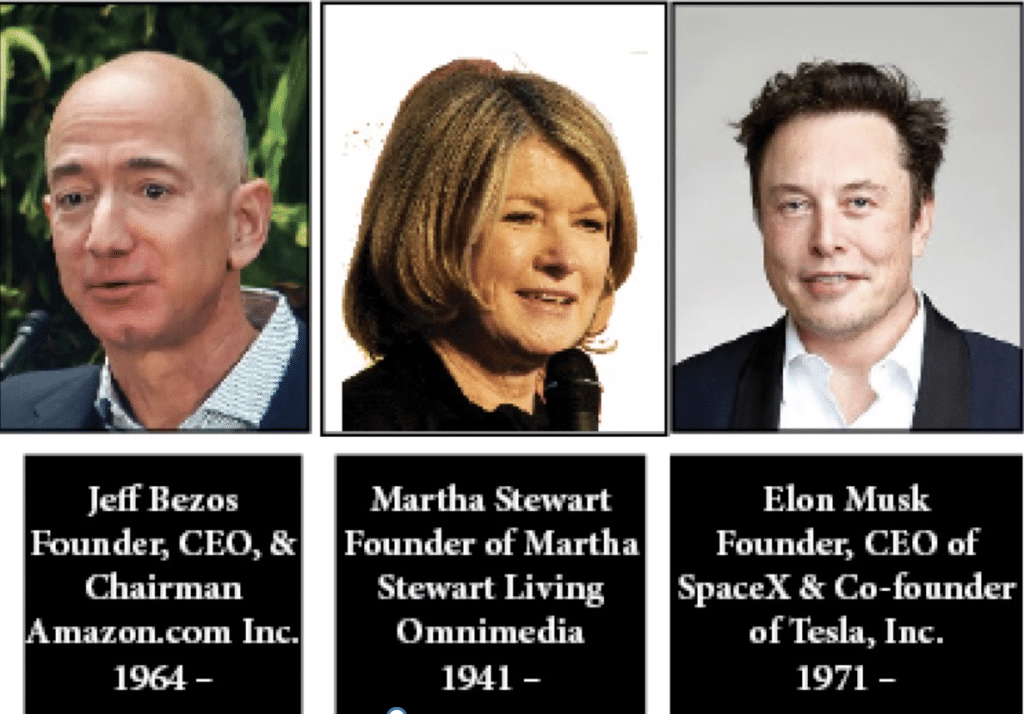
Of course, the answer to this question depends upon a person’s definition of success. If “success” means high achievement, then the only condition that can be declared as absolutely necessary is intensity of purpose. The intensity of purpose is a passionate commitment to a goal that is so strong that it drives a person to work intensely toward achieving a particular ambition.
Michael Jordan is judged by many to have been the greatest basketball player of all time. In The Last Dance, released in 2020, the University of North Carolina’s head coach Roy Williams provided insight into the degree of Jordan’s motivation. When the eager young player expressed his desire to be the “best basketball player ever to play at UNC,” Williams zeroed in:
Williams: You will have to work even harder than you did in high school if you want to achieve that goal.
Jordan: I worked as hard as anyone else on my high school team.
Williams: Excuse me, I thought you wanted to be the best player ever to play here.
Jordan: I’m going to show you. Nobody will ever work as hard as I work.
Indeed, Michael over-performed on his promise. Stories of his unrelenting and gruelling practice sessions in which he challenged his teammates are legion. Certainly, Michael Jordan had some innate talent beyond most other players, but what moved him from great to iconic was his passionate commitment to becoming the best. Talent without passion produces average results.
In his book Entrepreneurial Genius: The Power of Passion, Dr. Gene Landrum presented psychological profiles of a dozen of the greatest entrepreneurs including people such as Jeff Bezos, Martha Stewart, Richard Branson and Donald Trump. He found that they all had greater than average IQ, but the most important commonality was a high intensity of purpose. Their individual talents and abilities enabled them to move down the field toward their goals, but it was their passion and work ethic that brought them across the goal line.
In his 2023 biography titled Elon Musk, author Walter Isaacson describes how Musk’s insane work ethic resulted in his missing most of the elaborate party that his wife Talulah Riley had planned for his 41st birthday (p. 236):
But Musk missed most of the party and instead spent time in his room on the phone dealing with various issues at Tesla and SpaceX. He liked to focus on work. At times he treated the rest of life as an unpleasant distraction. “The sheer amount of time that I spent at work was so extreme that any relationship was very difficult to maintain,” he admits. “Space X and Tesla were difficult individually. Doing them both at the same time was almost impossible. So it was just all work all the time.“
Similarly, Jeff Bezos’ employees reported that Jeff was always at work and never went home, and people at Microsoft reported that Bill Gates often slept under his desk. Whether it’s athletics, academe or entrepreneurial ventures, success requires a passionate commitment to a goal that is so strong that it puts recreation, food and sleep on the back burner. Even though intensity of purpose is perhaps the only condition that is necessary for success, it is not a sufficient condition. Some degree of innate ability or talent is also required.
